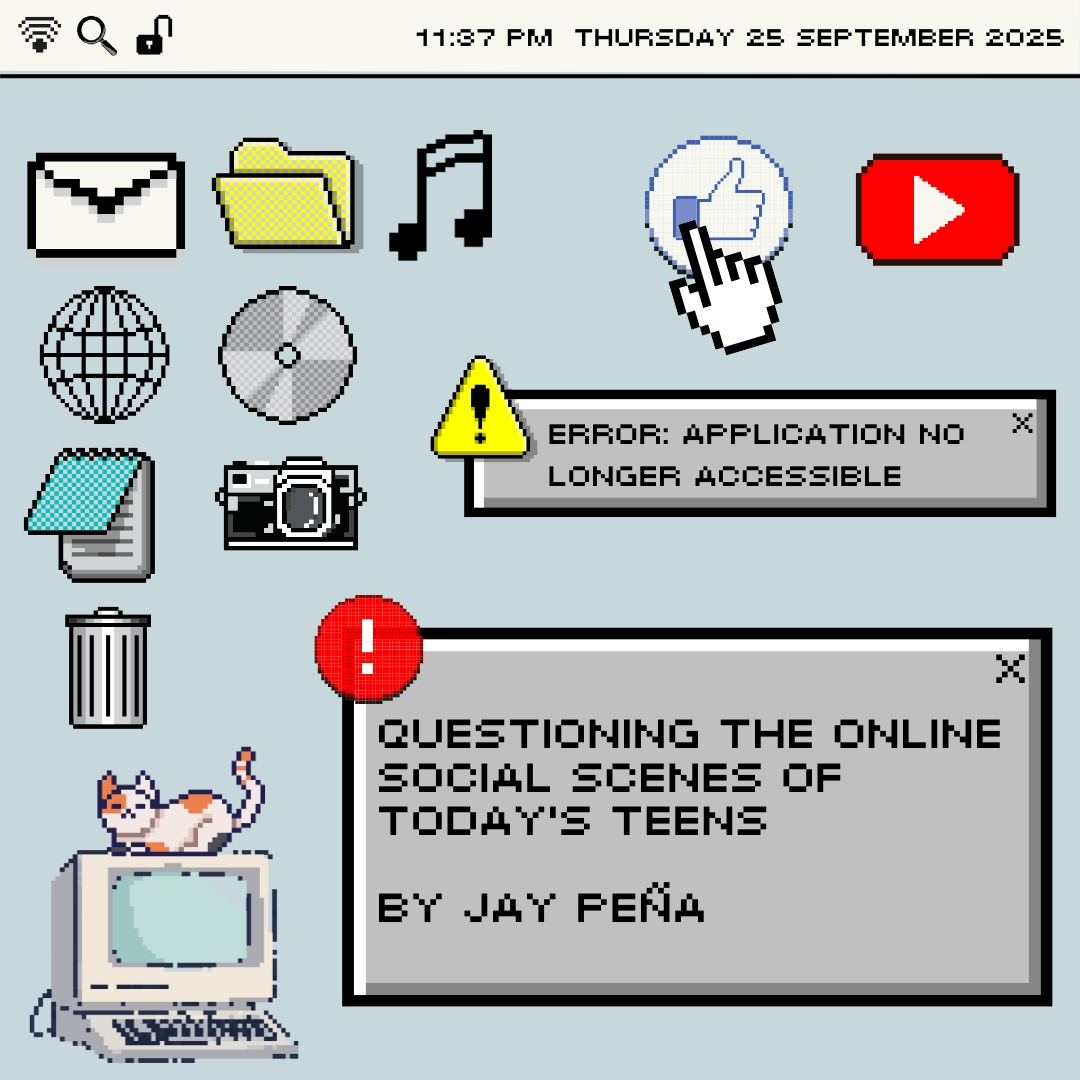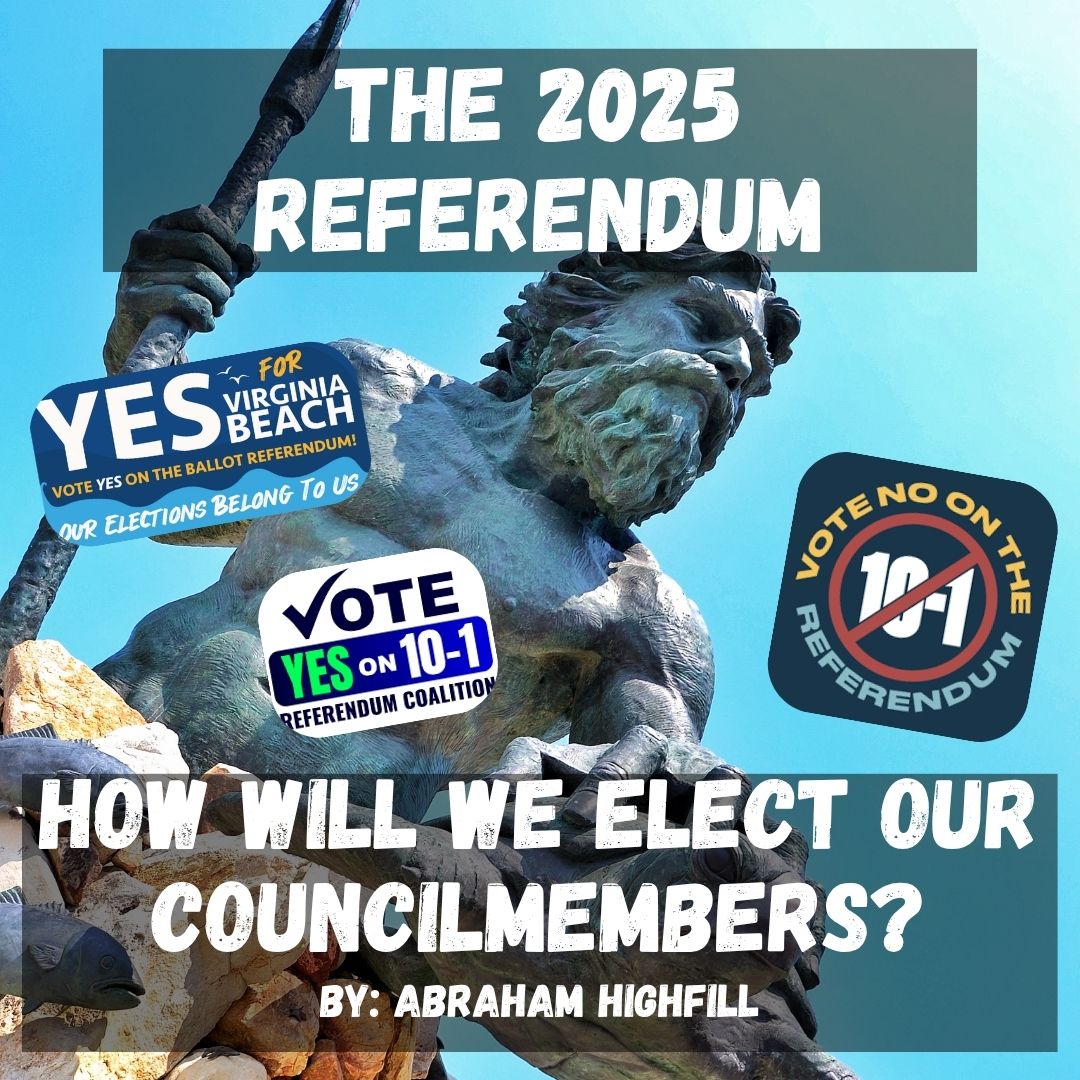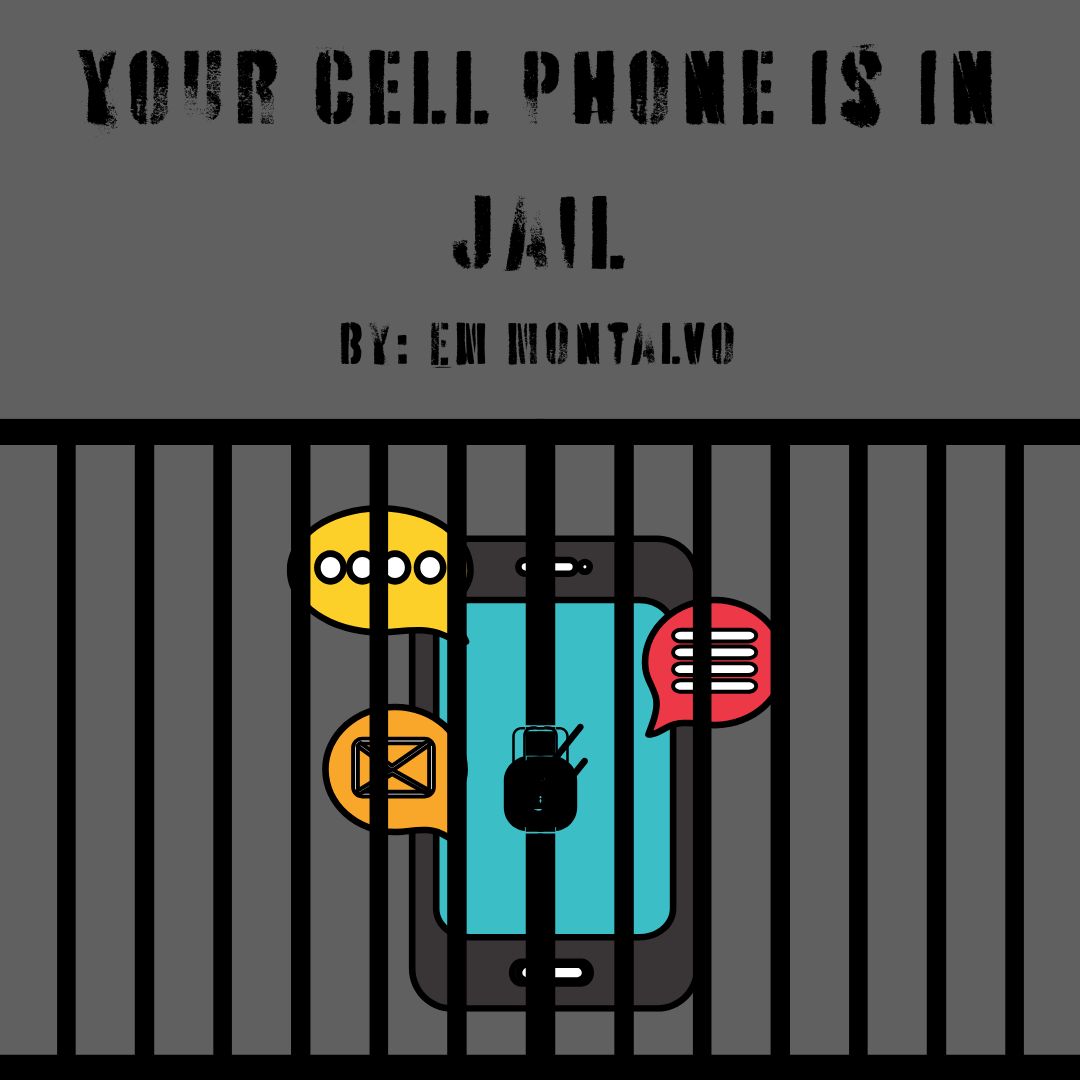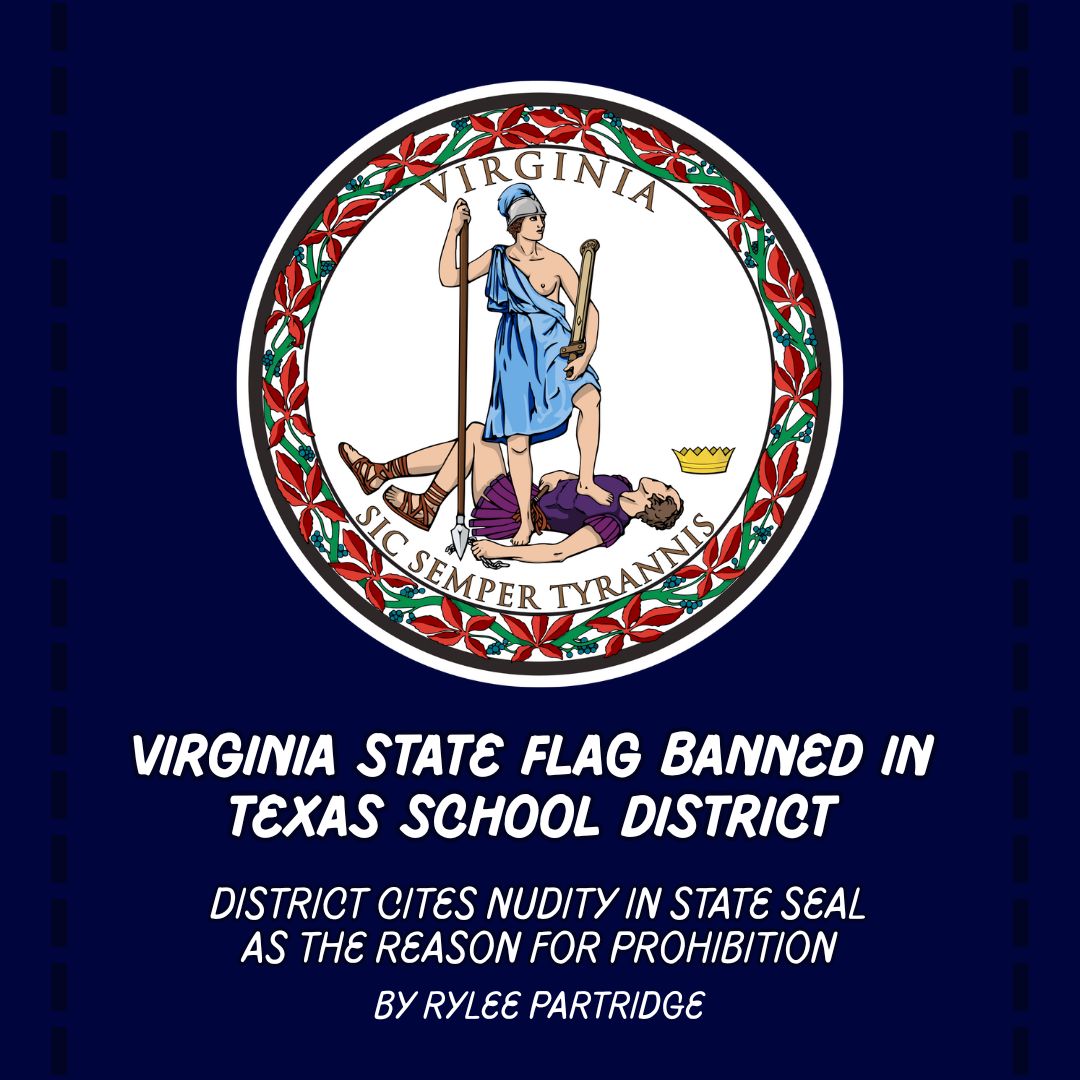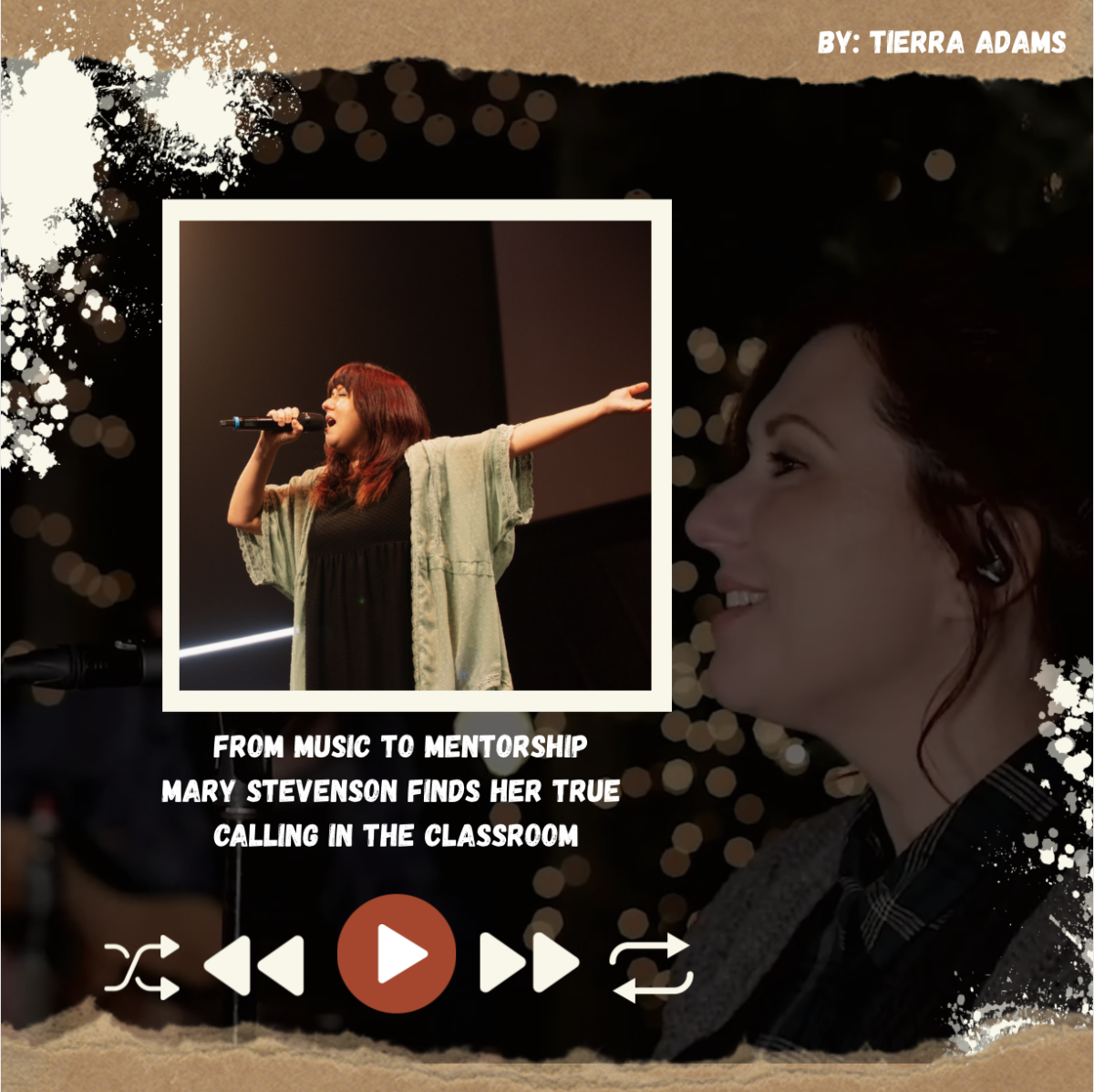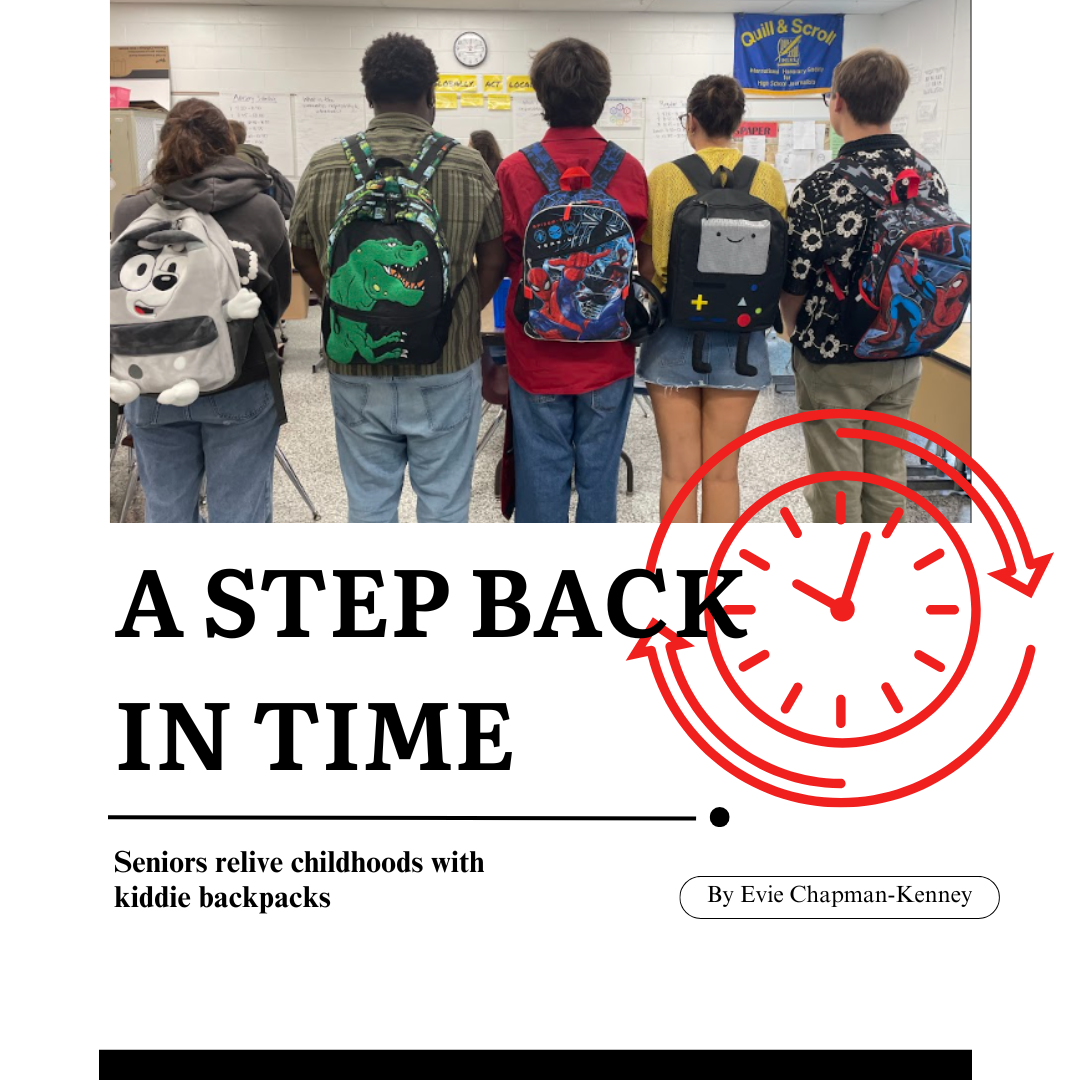Australia’s social media ban will go into effect in December of this year. As a result, children and teens under 16 will not be allowed to access social media. The purpose of the ban is to prevent the negative side effects that can stem from youth social media use. This has resulted in varied legislation globally, including in the UK and France.
In the UK, the Online Safety Act 2023 requires social media platforms to verify users’ ages, moderate harmful content, and provide reporting systems for children, but it does not ban minors under 16 from using social media. In France, children under 15 must obtain parental consent to access social media, and lawmakers have proposed additional restrictions, including a potential ban for younger teens and nighttime digital curfews for those 15–18.
“I’d be ignorant if I said social media didn’t have its detriments,” said senior Emma Miller. “However, I’ll stand by the fact that in the modern era, especially in more developed countries, social media is crucial and, frankly, near unavoidable.”
Despite the increasing popularity of social media bans for users under the age of 16, many still find themselves hesitant to suggest that the same should be done in the United States.
“I recognize that social media can have negative impacts, but in today’s culture, avoiding it altogether can leave kids feeling excluded,” said science teacher Carl Alberico. “If they’re not aware of what’s happening online, they risk becoming social outcasts among their peers. I can see the other side of it. Social media has caused a lot of problems, especially with harmful viral videos,” Alberico added. “Teen depression, for example, went up 52% between 2005 and 2017. I’d need to actually see what the plan looked like before I could agree to it. Research points to the idea that banning [social media] could have some positive effects, but until it’s tried, we can’t really know for sure. Just because depression went up with the rise of social media doesn’t mean it would automatically go back to where it was before 2005 if we banned it.”
The topic of teenage social media has long been a hot-button topic. Teens’ use of social media has increased over the years. According to the Pew Research Center, “the number of teens claiming they are online ‘almost constantly’ rose from 24% in 2015 to 46% as of this year.”
“With children under the age of 16, I believe social media use should be handled on a case-by-case basis, depending on each child,” said Alberico. “Looking back, I wish I had set stricter limits when my kids were younger, but at the time, social media was still relatively new, and the potential harms weren’t as clear. As with most things, moderation is key. I would recommend setting time limits and clear boundaries around a child’s social media use.”
Others outright disagree with the idea entirely, arguing in favor of social media and claiming it can have a positive influence on teens’ lives with the vast array of information and communities available.
“Children under 16 should have access to social media,” said Miller. “There’s an obvious cutoff, as children below the age of 10-13 shouldn’t have access to it beyond family for safety reasons. For older teens, social media provides them with the ability to interact with such a wide variety of people, communities, and topics. Having that outlet to expand their knowledge and interact with people is such an amazing privilege, and for many is a source of identity. Whether those benefits outweigh the evident negatives is dependent on the teen’s relationship with social media.”
Others agree with banning younger teens and children from social media platforms for the sake of child safety.
“Kids under the age of 16 should not be able to have social media because … it could be dangerous when they get online,” said sophomore Claude Taylor. “I think a ban should be enforced, and I think it would help get the younger kids off [social] media. But parents also need to help by setting their kids’ accounts for whatever phone they own to a child account [for children] under 16 so they [don’t] download any apps that would be harmful.”
Despite the potential benefits that a ban on social media for those under 16 could provide, some have pointed out the difficulty with implementing such a ban and still maintaining personal rights.
“A social media ban would have to be implemented by the government, but this could raise concerns about restricting First Amendment rights,” said Alberico. “I don’t agree with anything that takes away people’s rights. I think this is something parents should decide, and if they feel their child shouldn’t have social media, then they can set that rule at home.”
Another concern is how such a ban would be enforced. Some suggest using age verification, a method that has become increasingly popular in recent years on various platforms, with some states even passing laws mandating certain platforms implement such a system.
“Such a ban would likely require users to declare their age when registering a device, ensuring that apps could not be downloaded to phones belonging to underage users,” said Alberico.
Although even with age verification or some other means of preventing a certain age cohort of users from accessing social media, some have posited that a ban still would not be effective at completely preventing underage users from accessing certain platforms.
“No ban would work, not completely anyway,” said Miller. “It’s human nature to be stubborn, and when faced with an obstacle, to overcome it. The fact is that social media is ingrained in our society. Not to mention, an attempt to ban it would be equivalent to censorship on an aggressive scale.”
As the debate continues, it becomes more evident that the role social media plays in young people’s lives must be evaluated.
